retina
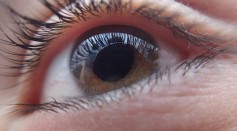
Children's Eyes May Contain Hints of Autism Spectrum Disorder; Study Reveals Retinal Photographs Could Be Viable For Screening Procedures
Regenerative Properties of Zebrafish Show Potential in Treating Retinal Deterioration

What Color Is a Mirror? You Wouldn’t Believe It
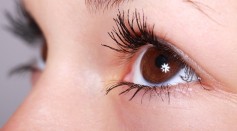
Nanoparticles Previously Used To Deliver COVID-19 Vaccines Could Help Improve Treatment of Hereditary Blindness
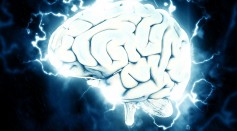
Adult Brain Can Partially Restore Vision From Inherited Blindness With Retinoid Therapy
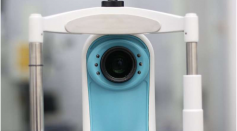
Cardiovascular Disease And Death Can Foresee Using AI-operated Imaging of Eyes' Veins and Arteries [A Study]
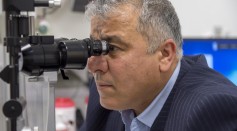
Scientists Say They Can Revive the Retinas of a Deceased Organ Donor
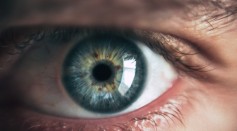
Novel Imaging Technique Reveals New Details on Rare Eye Disorder
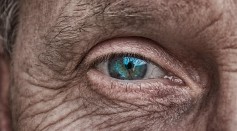
Better Diagnosis, Medicine for Age-Related Macular Degeneration Could Be Possible With the Discovery of New Genetic Clues
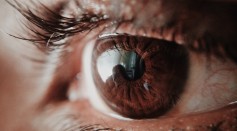
Thinning of the Retina Could be an Early Sign of Cognitive Decline, Study Suggests
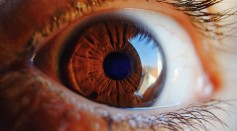
Changes in Blood Vessels in the Retina Linked to Risk of Heart Disease, Study Suggests

Eye Sight Problems? Recent Study Shows How It Can Be Improved Using Deep Red Light
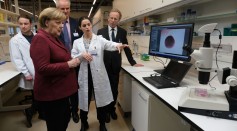
Mini Human Brains Grown in Petri Dish Develop Own Eyes That Detect Light, Possible Solution for Vision Loss
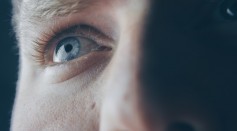
Neuroscientists Explain How Dynamic Visual Stimuli is Processed Accurately in Human Perception
Most Popular

How Technology Is Changing the Real Estate Industry?

How a Plant-Based Diet Can Protect Against Breast Cancer: Insights from Nutrition Research

Study Reveals High Turnover in Scientific Research Careers: What This Means for Future Scientists

Why It's So Difficult to Lose Weight: The Biological Explanation Behind Obesity





